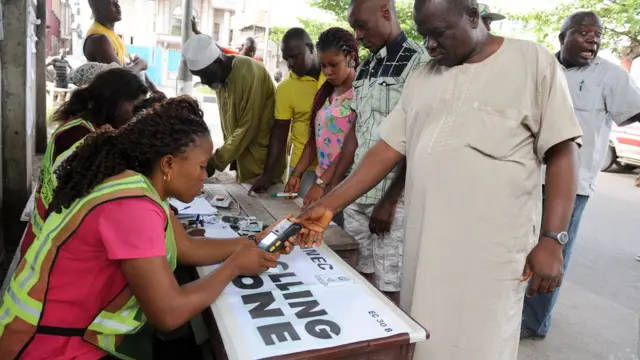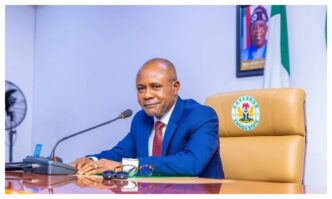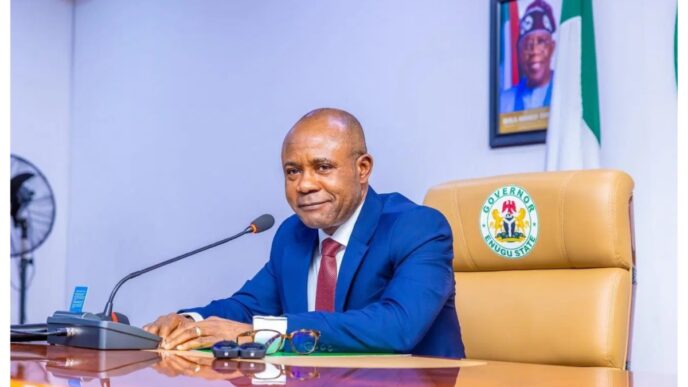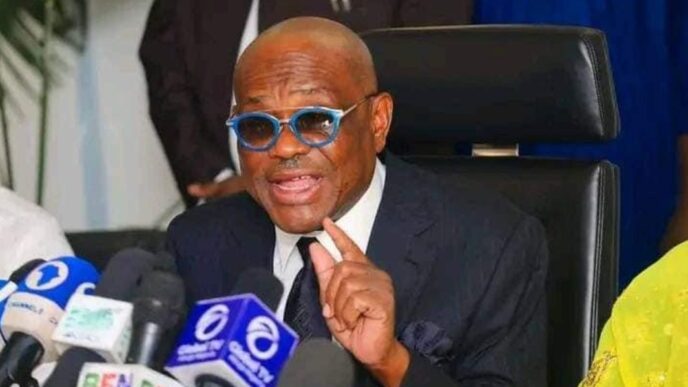The Kogi State Independent Electoral Commission (SIEC) has unveiled the newly drafted Kogi State Independent Electoral Law to stakeholders, marking the beginning of a comprehensive review of the state’s electoral framework ahead of the 2026 local government elections.
Speaking during the review meeting held on Friday in Lokoja, the state capital, the Chairman of the Commission, Mr Mamman Eri, explained that the new law was developed in alignment with the provisions of Nigeria’s 2022 Electoral Act, particularly concerning local government election procedures.
Eri stated, “Kogi SIEC was guided by the provisions of the National Electoral Act 2022 concerning the conduct of area council elections in the Federal Capital Territory, Abuja, as all elections conducted by State Independent Electoral Commissions in violation of the National Electoral Act would be invalid.”
He cautioned political parties against presenting multiple candidates for the same position, a problem that had occurred in the previous council elections.
He warned that any party found engaging in such practices could be disqualified from participating in the 2026 polls.
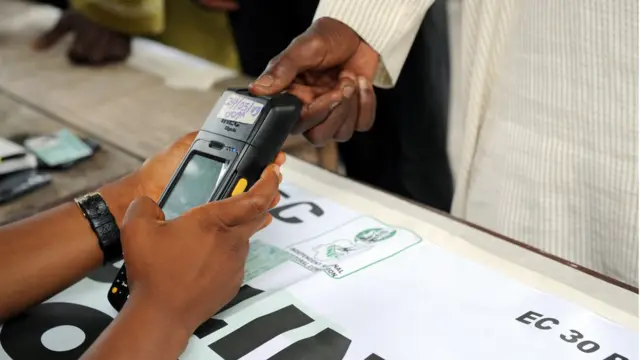
Eri also emphasised that any substitution of candidates must be carried out within the stipulated timeframe and encouraged political parties to begin preparations early.
The Chairman noted that Kogi State was the first in the country to review its electoral law in accordance with the 2022 federal electoral legislation, positioning the state as a model for others to emulate.
“We must work within the electoral timeline to avoid unnecessary litigations and time loss to fulfil our mandate, which is to deliver free and credible council elections in the state,” he said.
He urged stakeholders to collaborate with the Commission to build public trust and ensure a credible electoral process.
Addressing concerns from civil society organisations about the lack of budgetary provisions for the Commission’s activities,
Eri encouraged them to advocate for the timely release of funds as required under the new electoral law.
During the engagement, stakeholders called for an extension of the tenure of local government chairmen, the inclusion of persons with disabilities, a transparent electoral process, and the protection of the Commission’s independence to guarantee free and fair elections.
Legal practitioner Barrister Bamidele Suru, who reviewed the new framework, highlighted the legal implications of violating its provisions.
He urged SIEC officials to maintain neutrality and resist political pressure from any quarters to preserve the Commission’s independence.
Suru explained that the new law empowers the Kogi SIEC to employ and train its staff while mandating that one per cent of the state’s revenue and ten per cent of local government revenue be allocated to the Commission at least three months before elections.
These reforms, he said, would enhance the Commission’s capacity and financial autonomy.
He added that with the National Assembly currently reviewing Nigeria’s Electoral Act ahead of the 2027 general elections, Kogi State has set a precedent by integrating the 2022 Act into its own electoral law—prompting about ten other states to adopt similar frameworks.
Referring to Section 202 of the new law, Suru noted that it grants the State Independent Electoral Commission protection from external interference, though state governors may still exercise some level of influence over its operations.


 Trending
Trending 
